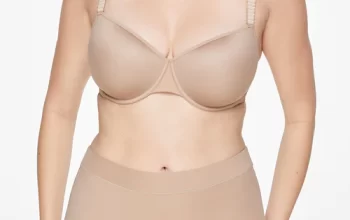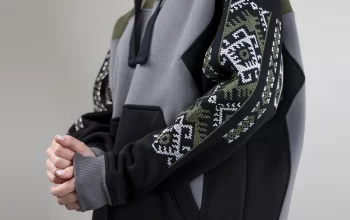A legal field that is on the rise is Fashion Law. In the creative industry, it cannot be a bad thing to have the law on the side of the designer, especially with so many risks involved. A Fashion Lawyer is not the same thing as the “fashion police”, though I’m sure they know a thing or two about that. With all the number crunching and paperwork involved in marketing your hard work, Fashion Law isn’t as bad as you think.
A Career on the Rise
Two careers actually: the lawyer and the designer. With the threat of plagiarism and all the mistakes that can be made on the business side of fashion design, Fashion Law will work for everyone involved. The Fashion Law Institute offers advice to designers and attorneys seeking to know more about the industry ins and outs for fashion. As designers, it cannot hurt to brush up on laws involved with producing and marketing your work. Many institutes and universities allow classroom auditing, which can provide valuable information to designers seeking to learn more, or to attorneys looking for a career focus.
Any time intellectual property is involved getting a handle on your rights as a fashion designer is a must. This includes being protected with a design patent and copyright protection, understanding how to financially secure the investment of creating, and environmental and manufacturing ethics as just a few things to be considered. Once your dream goes from the sketchpad to full sized product, getting Fashion Law involved, whether gaining knowledge yourself or hiring a Fashion Lawyer, will only help you in the long run.
The fashion industry has been long plagued with legal issues; it is about time for this field of expertise to shine. Getting involved in Fashion Law as a designer or as a lawyer will help better this industry.
What Fashion Law Entails
This industry begins as broad as copyright, and can be focused on specific issues such as cultural appropriation. These are just some of the many areas Fashion Law covers, and why it is important to the fashion designer.
Copyright
A copyright ensures only the creator of a work has exclusive rights to it. Recently, copyright for fashion includes not only clothing but the design of accessories as well.
Trademark
This is an original mark such as a symbol or expression to differentiate one brand from another. Things such as signs and logos, etc, need to be original and not the same as another trademark.
Patents
These are granted by the government and must be obtained to ensure no one else can use your intellectual property but gives full disclosure of the invention.
Patterns, colors, and other inventions pertaining to the design of clothing and accessories can be covered by a patent, to ensure that no one can use the creation in any way. If a designer created a fabric with a plaid background and purple flower accents, they may obtain a patent to ensure no one else’s garments will have a plaid background with purple flower accents.
Clothing Production Laws
It may seem like getting a copyright, unique trademark, and a patent is all you need to produce your wares with peace of mind but there is much more to it. Manufacturing and distribution needs to comply with regulations already in place for other products, as well as those in place for clothing. Consider labor and payment of employees, worker safety and maintain a safe environment, not to mention licensing that is required in marketing.
Retail
Continuing from above, we now have retail to think of. You’ve produced your brilliant design, and now we must sell it to cover the cost of production, pay employees, pay the designer, and create more products. In the retail industry you must consider the protection of the customer, especially with credit card and identity theft on the rise. If you own or rent your own store you must also consider the legalities of real-estate.
Overview
When it comes to Fashion Law, you can see that it includes practices not uncommon with other retail and creative laws already in place. Though new protection is in place for clothing and accessories, many aspects mimic those of any other sales endeavor. The fashion industry has a stigma of being more than competitive; it can be just plain cruel. With Fashion Law we can break a vicious cycle and help this industry continue to thrive in a civil and orderly manner. Legal practices involved in Fashion Law are equal in importance to any other practice. In short, this Miranda Lambert quote seems pretty fitting, “We’re just like you, only prettier.”
Author Bio
Cari Samalik is a Michigan based entrepreneur and Mom and the CEO & co-founder of Livnfresh – a state related T-shirt brand. Previously, she worked in the healthcare, and food and beverage industries before marrying into a screen printing business.














